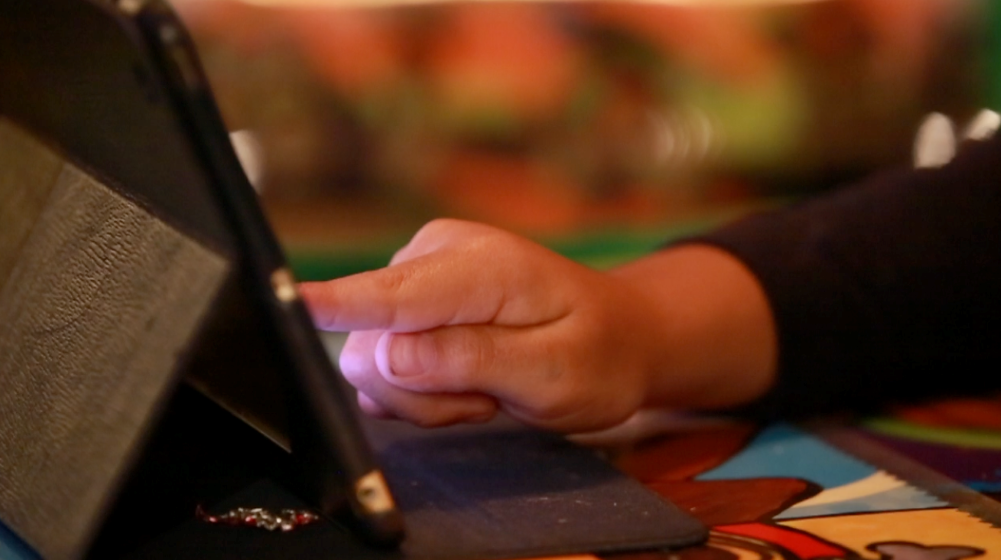Internet Child Exploitation Tips Skyrocket During Coronavirus Shutdown

April 21, 2020
Share
With Colorado’s schools shut down and sports cancelled, many children and teenagers are spending a lot more time online during coronavirus stay-at-home orders. That’s a big concern for one of Colorado’s top internet child exploitation investigators.
“Parents really have to watch what their children are doing. Because the predators are watching your children, and they’re looking for the perfect opportunity,” said Lt. Christina Sheppard of the Colorado Springs Police Department, who supervises the state’s Internet Crimes Against Children (ICAC) task force.
In a conversation with Insight’s John Ferrugia, Lt. Sheppard shared advice for parents on how to keep their children safe when they are using the internet more often.
“Parents should know what their children are doing online, and I know that sounds kinda easy. But a lot of times we get busy and we’re not necessarily paying attention,” Sheppard said.
Sheppard suggests that parents know their child’s passwords and regularly monitor their browsing history, as well as their social media posts, to know who their children are communicating with and what information they are sharing.
She said some predators use personal information a child has posted to give the child the impression they already know them. Once they’ve gained the child’s trust, the predator may ask the child to send photos. Sheppard said it’s important for parents to tell their children and teens not to share very personal photos because they can never be taken back and are often shared in ways the teen never intended.
“They also need to be honest with their child, and as hard as it may be for some parents, just really encourage the child to come talk to them if they’re in a situation that they’re uncomfortable about,” Sheppard said.
The Colorado ICAC team has seen a spike in tips coming from the National Center for Missing and Exploited Children’s cyber tipline in the past month. That national tipline received more than 16 million tips last year.
Resources for parents:
The National Center for Missing and Exploited Children
Latest Documentaries
Explore
Policies
Teacher Center
Funding for FRONTLINE is provided through the support of PBS viewers and by the Corporation for Public Broadcasting, with major support from Ford Foundation. Additional funding is provided the Abrams Foundation, Park Foundation, John D. and Catherine T. MacArthur Foundation, Heising-Simons Foundation, and the FRONTLINE Trust, with major support from Jon and Jo Ann Hagler on behalf of the Jon L. Hagler Foundation, and additional support from Koo and Patricia Yuen. FRONTLINE is a registered trademark of WGBH Educational Foundation. Web Site Copyright ©1995-2025 WGBH Educational Foundation. PBS is a 501(c)(3) not-for-profit organization.




















